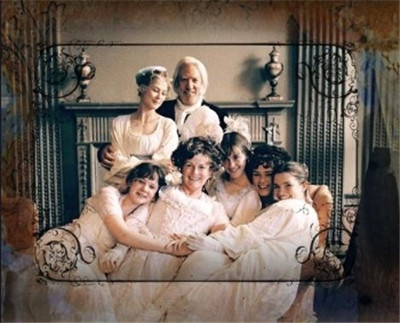"Her daughter, Miss de Bourgh, will have a very large fortune, and it is believed that she and her cousin will unite the two estates."

"I believe her to be both in a great degree," replied Wickham; "I have not seen her for many years, but I very well remember that I never liked her, and that her manners were dictatorial and insolent. She has the reputation of being remarkably sensible and clever; but I rather believe she derives part of her abilities from her rank and fortune, part from her authoritative manner, and the rest from the pride of her nephew, who chuses that every one connected with him should have an understanding of the first class."











